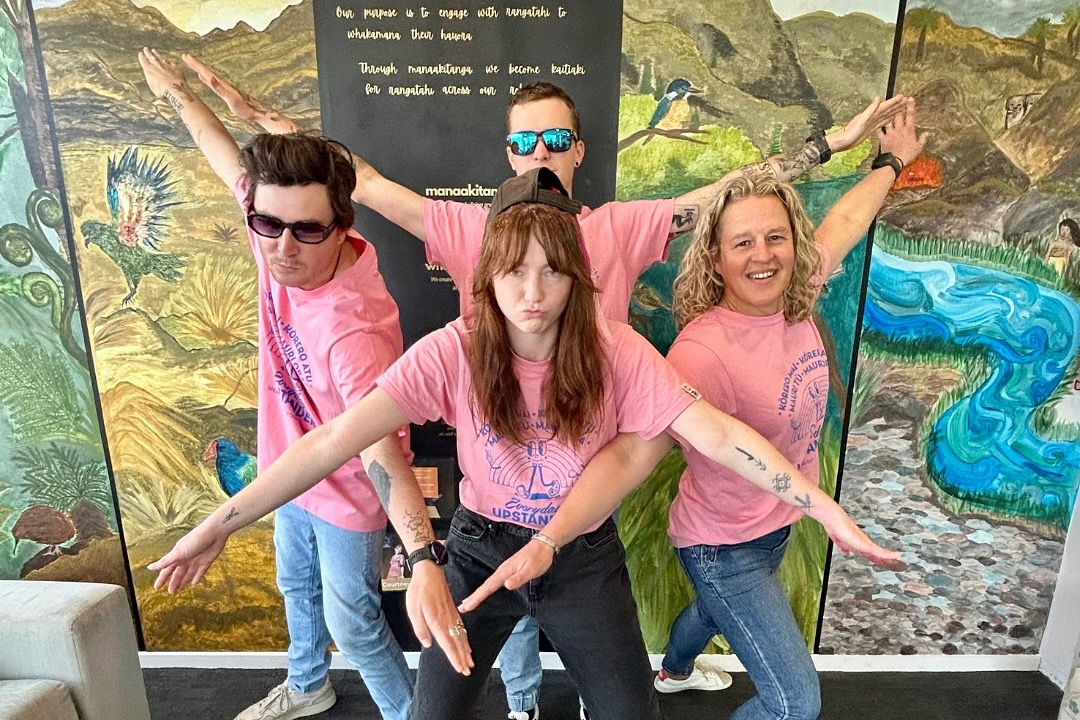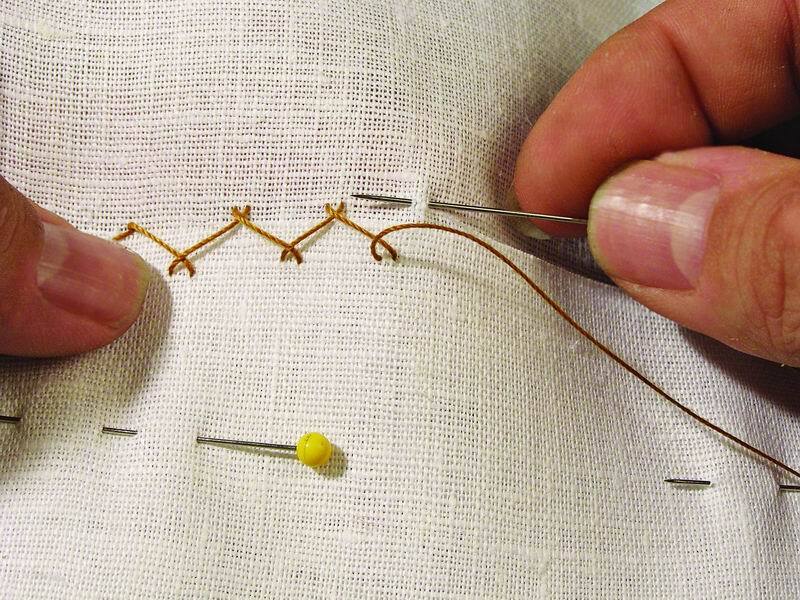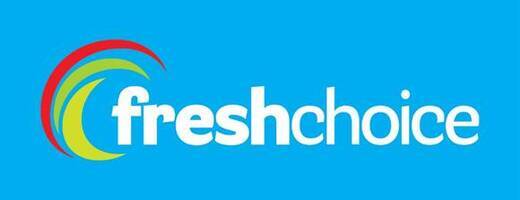Council locks in three-council water plan
Kim Bowden
12 August 2025, 6:00 PM
 Central Otago District Council has signed off on a new water entity ahead of Wellington’s September deadline. Image: Unsplash
Central Otago District Council has signed off on a new water entity ahead of Wellington’s September deadline. Image: UnsplashCentral Otago District Council (CODC) has voted to lock in a new three-council water services entity, a decision the chief executive says would be difficult for any future council to reverse.
At a meeting on Tuesday (August 12), the mayor and councillors endorsed 13 recommendations confirming the plan to form a jointly owned Council Controlled Organisation (CCO) with Clutha and Gore district councils - with scope for other councils to join in the future.
The move follows Waitaki District Council’s decision last month to withdraw from the original four-council proposal, prompting additional financial and structural analysis by consultants Morrison Low.
That report, presented on Tuesday, confirmed the three-council model remained the preferred option for delivering drinking water, wastewater and stormwater services under central government’s ‘Local Water Done Well’ reforms.
The report highlighted the Southern Water Done Well entity remains the most affordable option for participating councils even after Waitaki’s exit, forecasting ratepayer savings of $13.2M through to 2034, net of establishment costs estimated at $8.8M.
The modelling was conservative, suggesting actual savings could be higher.
CODC chief executive Peter Kelly said the updated analysis had been shared with all participating councils.
“It does confirm three is better than two and two is better than one - but obviously four is better than three, and five is better than four, and so on and so on,” he said.
By passing Tuesday’s recommendations, council also approved the Water Services Delivery Plan attached to the meeting agenda, with discretion for the chief executive to make minor changes depending on decisions by partner councils this week.
He described the plan as “permissive”, in that it “keeps the door open for discussion with other councils” seeking to join at a later date.
During the debate, councillor Martin McPherson noted that October’s local elections could bring in new councillors "vehemently” opposed to the model, and asked whether a future council could reverse the decision.
Peter said any withdrawal would require the involvement of the secretary of the Department of Internal Affairs.
“So, we are basically committing ourselves - and our future councils - to this work,” Martin confirmed.
Councillor Tracy Paterson sought staff views on community concerns that an external CCO would mean a loss of local control.
Water services manager Julie Muir said there was only a “perception of control” now.
“The reality in the delivering of these services is that they are shifting to a much more regulated environment,” she said.
“It’s such a regulated environment that there’s not always a lot of choice about what you can and must do.”
Some councillors questioned a figure in the Morrison Low report that put the CCO’s establishment cost at $8.8M.
Peter said that was at the “higher end” of likely costs, noting some functions would likely be contracted back to councils from day one. He also said he’d been informed of figures supplied by another council suggesting $1.5M could also be a realistic establishment cost for a new water entity.
There was also discussion about the precise wording of the recommendations.
Peter said staff had sought legal advice and were “very conscious of getting these recommendations right”, and for that reason he was hesitant for councillors to amend them based on suggestions raised during the meeting.
In the end, councillors largely agreed with him, making only one minor tweak to wording.
Mayor Tamah Alley moved the full suite of recommendations, seconded by deputy mayor Neil Gillespie, and they were carried unanimously.
“For all the councils, the common goal is that we get the best for our ratepayers, and...I’m confident that this is the best for our ratepayers,” she said.
It was her view the partner councils “align with us culturally in terms of the type of people that we serve - the communities, and their aspirations, and the challenges”, a point echoed earlier by Julie.
In regards to three waters, the mayor said it was “not the same playing field that it was two years ago” and the delivery of services was now highly regulated.
Working with partner councils “avoids duplication”, she said.
Have a story to share or comment to make? Contact [email protected]
NEWS
WHAT'S ON






